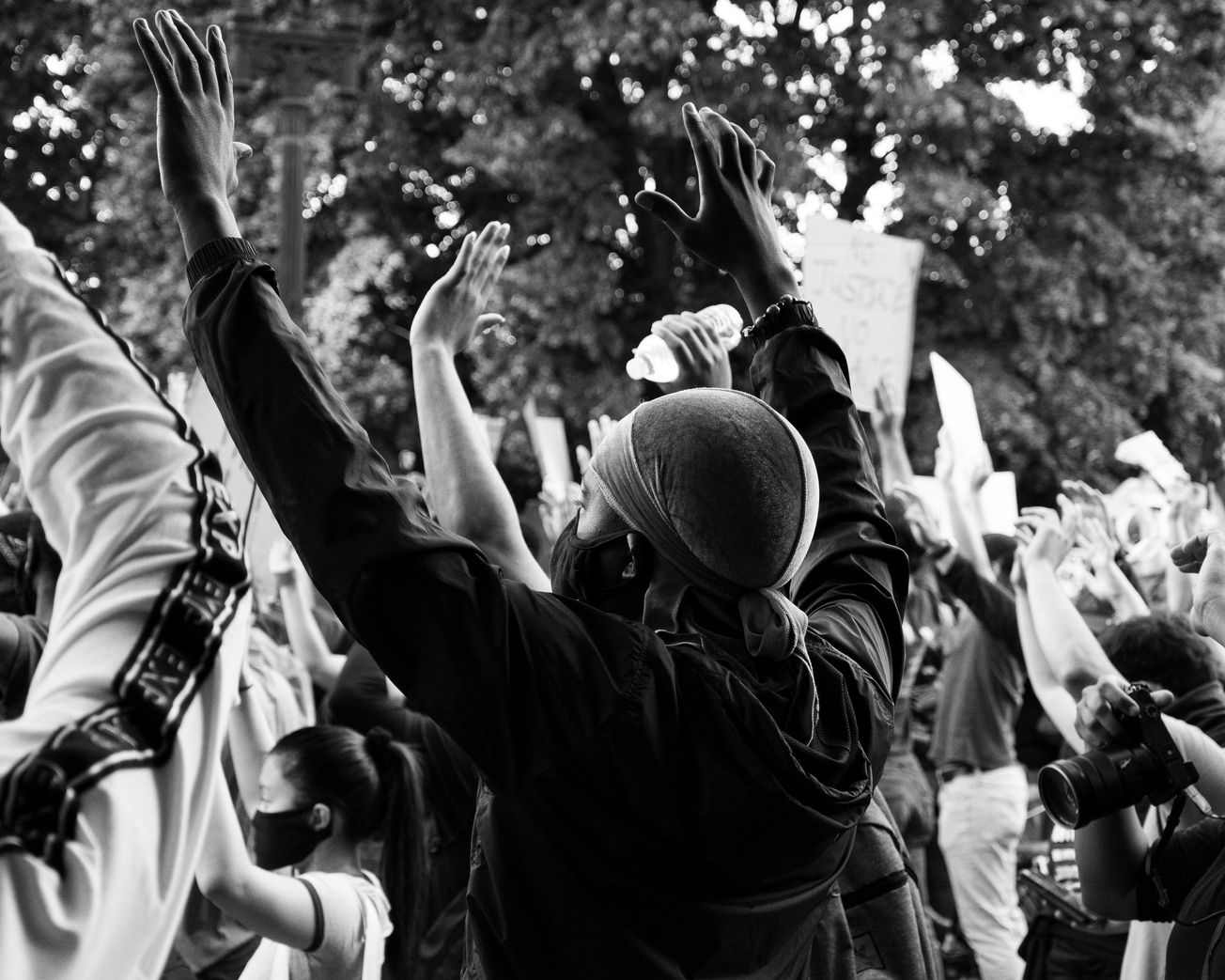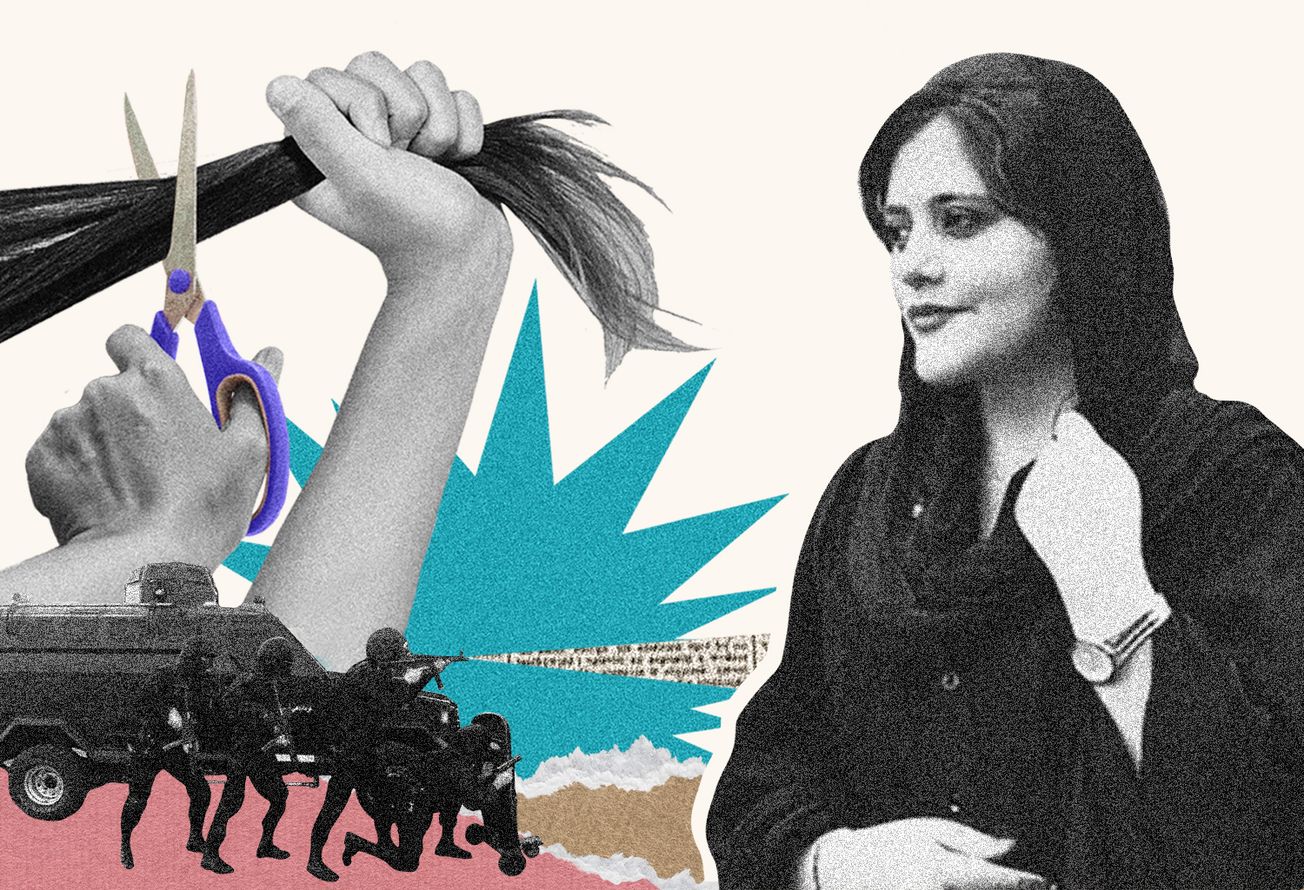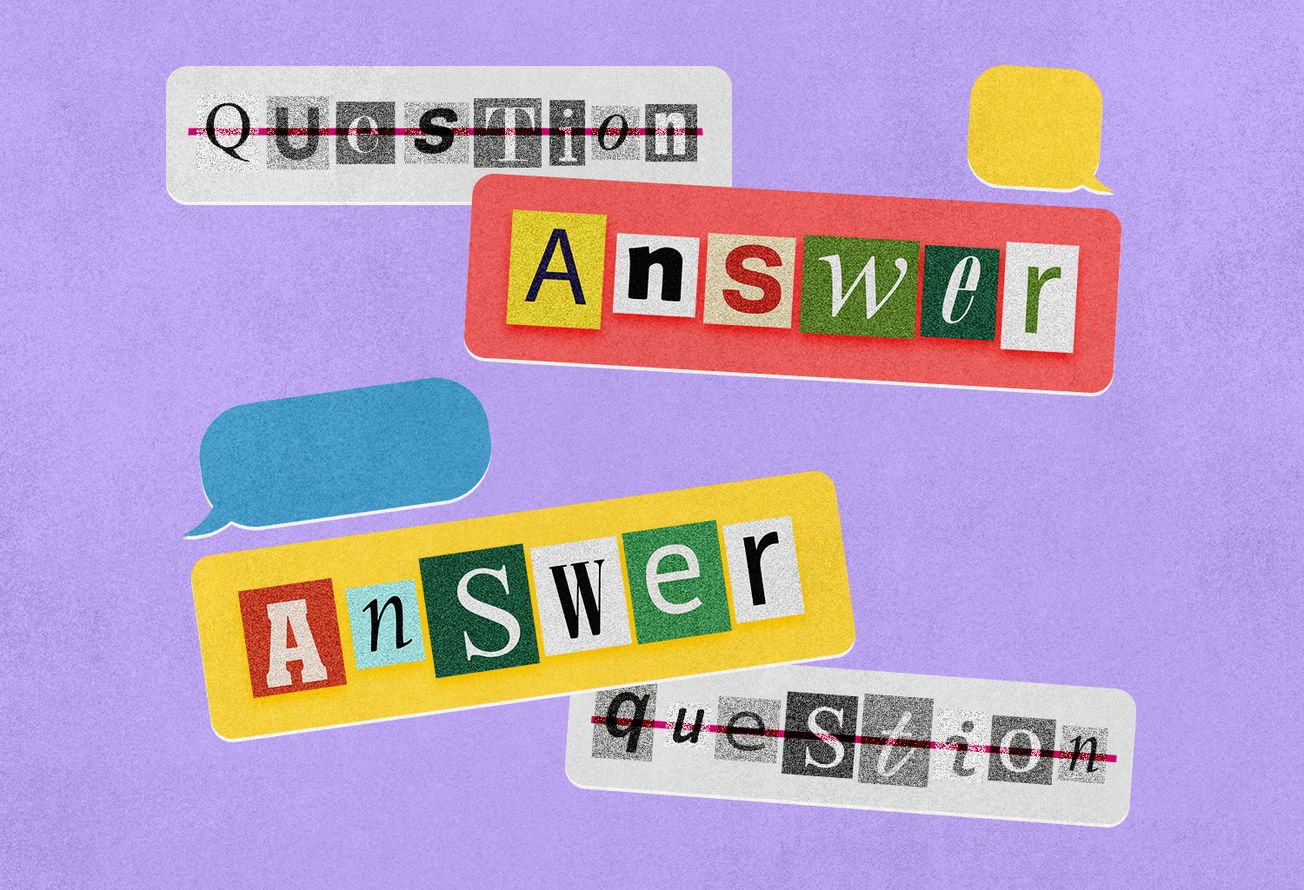If you’re not an activist, it might seem to you that activism is just another hobby. Nothing could be further from the truth! And if you are a first time activist, you should know that part of the deal is to face some real consequences. Long time activists will tell you that the most important thing is to be comfortable with the choice to quit the “work-consume-work” cycle in a society where power mongers would have everyone to do exactly that.
Here are ten things you should know if you want to be a full time activist:
1. We don’t really choose to become activists
More often than not, we stumble into activism without a definite purpose, and then get stuck. Just like young Obelix, who fell into the cauldron of the magic potion and found himself imbibed in it when he’s older. We often begin by airing a strongly felt opinion. Then we participate in collective projects. It’s our social context, both individual and collective, that makes our activism more of an unconscious reaction and not so much a considered choice. It is mostly a combination of factors that create the activist rather than the activist who indulges in a cause.
2. Activism is, above all, a question of survival for some of us
Social, psychological, financial distress propel us to come together to avoid getting crushed. The image of the “philanthropist” who gives up their life to fight for a cause is an illusion. We do fight for our own interests. Those who pretend otherwise are not being truthful to themselves. Activism is very much about domination and power, even before being a question of moral or ethical values.
3. Activism is not for fun, nor for comfort
We engage in it because we feel we must act and consider it our individual responsibility. Those who are lucky enough to have the privilege of being activists only for ethical reasons rather than as an outcome of the oppression they are facing are, more often than not, guilty of some kind of suspect “washing” or another. We ought to be vary of this brand of “activism”.
4. Activism exposes you to danger.
If you end up as an activist you’d know how it feels to be exposed to hatred, harassment, joblessness, exclusion, slander and personal attacks, and police or state violence. It’s not unusual, these days, to see people being jailed for simply expressing their ideas or being forced to make exceedingly painful choices for holding on to their beliefs. It’s not easy. It’s not comfortable. And it requires strength.
5. Activism requires time
It’s the time you could otherwise have spent on leisure or with your loved ones. Perhaps, you’d think, that this investment will bring collective advantages but there’s no guarantee.
6. Activism won’t make you rich
It’s pretty obvious already that activism is not a very lucrative activity. When you do get paid for a job related to activism, it’s most likely not going to be enough money to live comfortably on.
7. Activism can wreck your chances of getting a paid job
Firstly, employers would rather avoid hiring people aware of their rights. They prefer those who glide into subordinate roles. Secondly, it’s difficult for activist-minded folx to accept the conditions of a job market that works on “just-in-time production” and tears you away from your beliefs. The resulting cognitive dissonance is simply unbearable. The skills and the strength you develop as an activist don’t count in this scenario nor does anyone care for the fact that you are dedicated to a cause much bigger than yourself.
8. Activism can make you vulnerable
If there is a conflict between your activism and the contractual clauses of your job (such as confidentiality), it’s a problem. An activist can become an embarrassment for employers and their public appearances can be perceived as harming the employer’s “reputation”. Firings are common and not forbidden by the law (at least in France) especially if the employer manages to prove a bias linked to the employee’s activism.
9. Activism can shut you out, or isolate you
Disagreements over political stands can lead to conflicts and even break-ups in families, friendships or couples. While it’s true that you could find a new “family” among activist allies, there’s no certainty that you will end up with permanent and sustainable social attachments. Alliances made this way are more circumstantial than permanent. Organizations and the relationships within them keep evolving. You need to constantly adapt yourself or you will be ejected. Power play and ego tussles can lead to abrupt dismissals. You could well land up in a situation with no one around to extend a helping hand.
10. Activism demands introspection and perpetual questioning
You have to work on yourself round the clock! It goes far beyond simple personal development because the stakes are higher- it’s about the collective. This necessarily means that you have to accept not only yourself but others around you. You have to assess your own social privileges and accept that others may confront you over these.
This list might seem overwhelming at first sight. But for those who end up making it a way of living know that activism is never futile! It's a regenerative and worthy practice that brings dignity and meaning to life- a life that goes beyond reaping consumerist rewards for labour.










